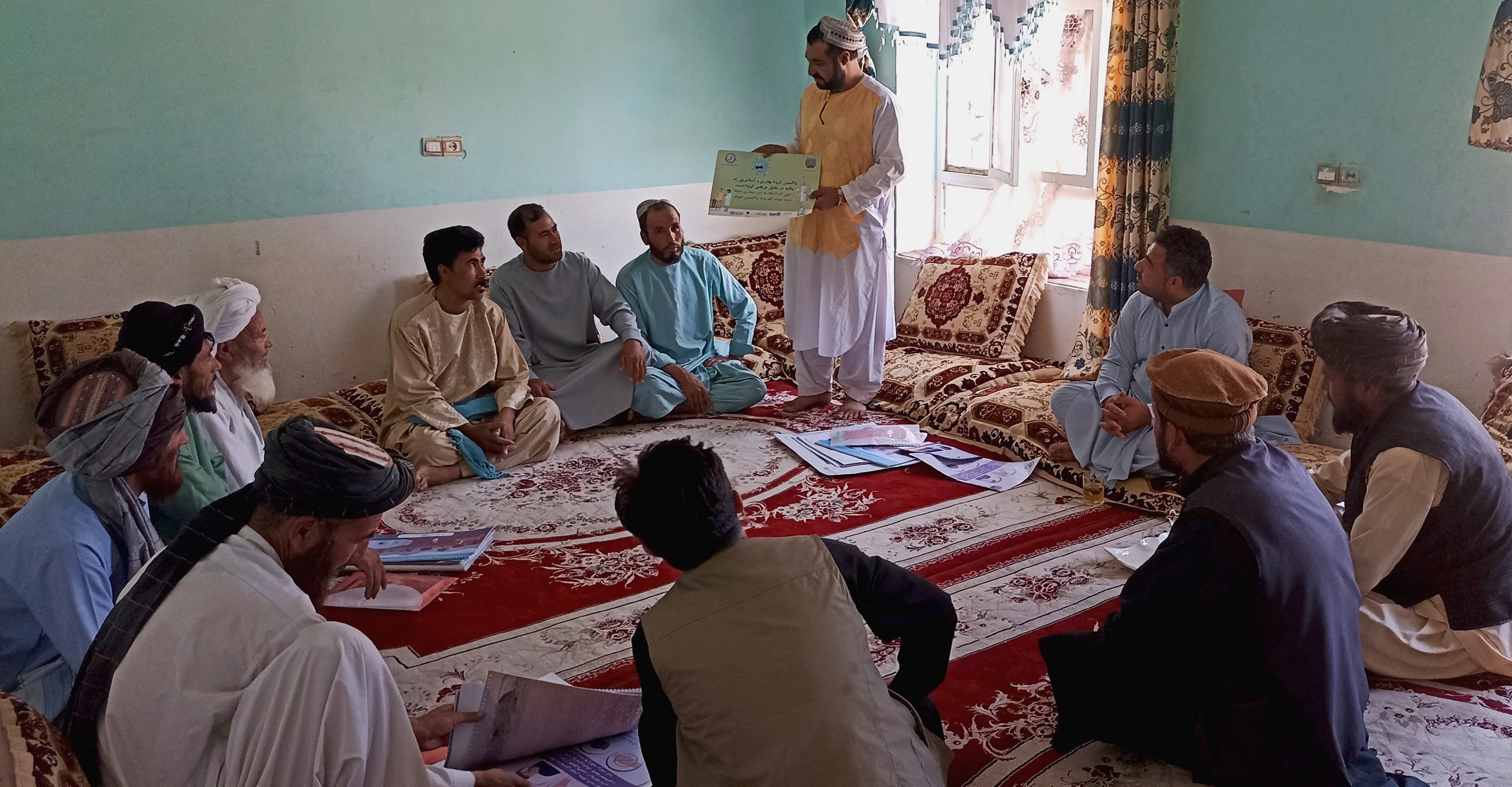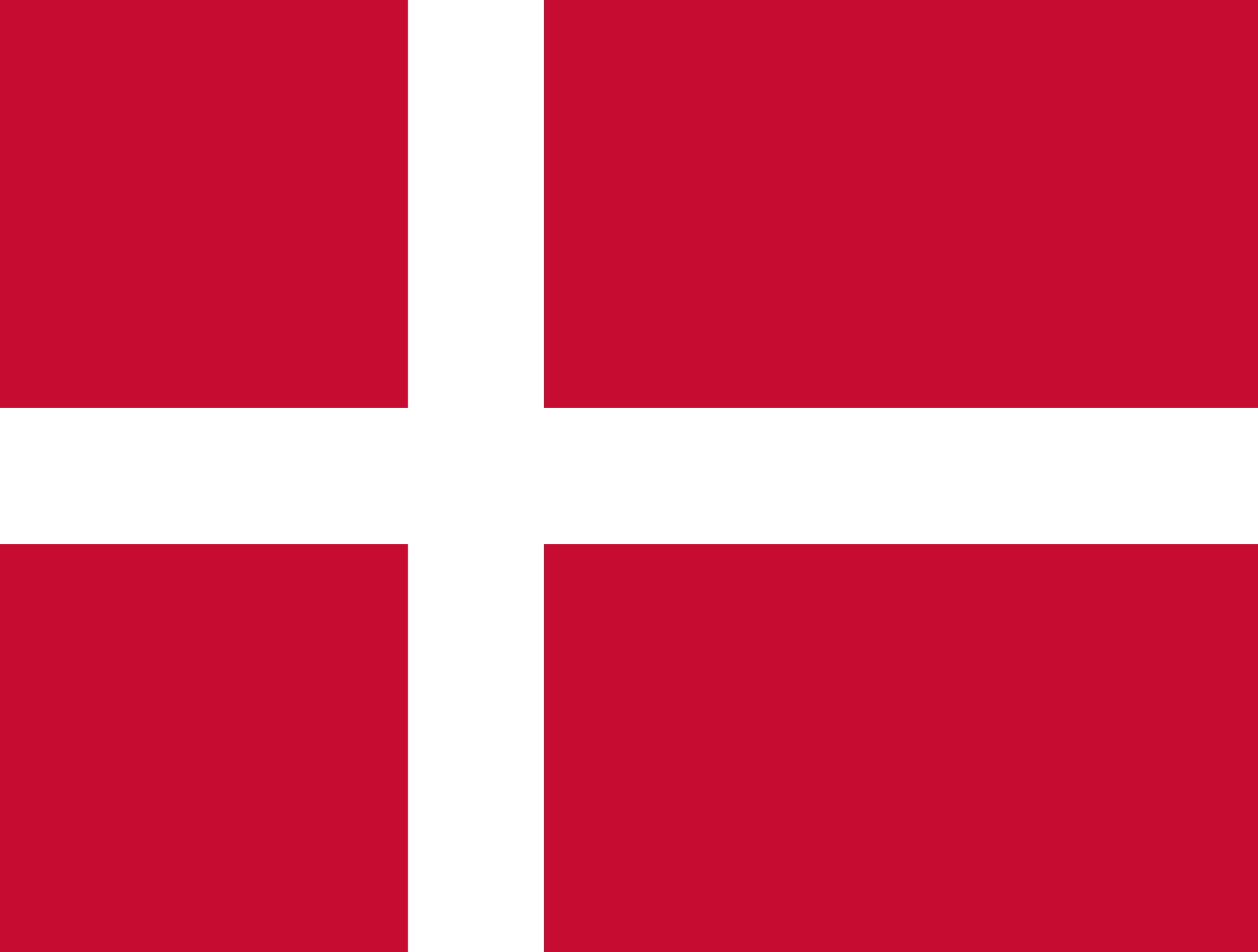Social Behavior Change (SBC) messages help Kandahar residents fight against life-threatening diseases

In recent years, pandemic diseases affected the world rapidly and countries were shocked by the outbreaks. These outbreaks changed the entire life on the earth, on the other hand, caused a massive humanitarian crisis.
Afghanistan did not remain safe from the outbreaks as well. The country with weak health facilities and a poor record of public outreach on health issues endured extensive suffering. One of these outbreaks was the Covid-19 pandemic that infected millions of Afghans and took the lives of thousands.
Lack of access to universal health and hygiene awareness has caused a lack of trust among populations thus giving way for rumors that in turn caused massive confusion in the general public about the preventative and curative standards as well as the intentions of the humanitarian service providers and health actors.
To overcome the situation, DACAAR has started a partnership with the United Nations International Children’s Emergency Fund (UNICEF) to implement the project "Scaling up social behavior change and accountability to affected populations through integrated interventions in humanitarian situations in (Badghis, Herat, and Kandahar)".
The partnership aims to scale up social and behavior change interventions through community mobilization and engagement with internally displaced persons, and at risk and affected populations in order to promote lifesaving practices, increase demand and access to services and ensure views and feedback of affected populations are taken into account in the planning and delivery of humanitarian response.
This is achieved through a community-level integrated intervention targeting social groups and utilizing local capacities to drive behavioral change through collective engagement and participation to achieve the desired impact of better practices around health, nutrition, WASH, education, and child protection as well as specific topics of Covid-19 and accountability to affected populations (AAP). By end December 2022, the project plans to reach 52,500 people (50% women) in 6 districts of the above three provinces.
Rahmatullah, 35, a resident of Qasem-Pul village of Dand District in Kandahar province is the head of a 13-member family. Not being aware of the consequences of getting infected with Covid-19, he used to pay no attention to health advisories, nor showed interest in seeking health services. He didn’t even let his family members do so.
“Due to rumors in my community, I refrained from getting vaccinated, but when DACAAR Community Workers came to our village, they explained the importance of getting Covid-19 vaccines and also proved that the rumors were all wrong, therefore I then got the vaccine and now I feel grateful and safe,” Rahmatullah confirms.
Decades of conflict, the Covid-19 pandemic, and most recent political changes in Afghanistan have left the country at risk of famine, which primarily makes young children vulnerable to severe malnutrition.
Three-year-old Bibi Asma, in Mazra village of Maiwand district, was suffering from malnutrition. Haji Mohammad, the father of Bibi Asma, who lives in a poor neighborhood with no nearby health facilities says, at first the family did not know that their daughter was malnourished.
Haji Mohammad admits: “When DACAAR informed us about health and nutrition, I started to provide nutritious food to my daughter, in addition to Ready-to-use-foods (RUFs) package that I received from a health center. Now she is getting well day by day”.
The beneficiaries in Kandahar province are thankful to DACAAR for the project which follows a community dialogue (CD) and public awareness approach. They are pleased for participating in the sessions and for the improvement in the health of their community.
The project trains and engages youth facilitators/volunteers and other community influencers to engage their communities with the objective of building communal awareness and encouraging dialogue on issues affecting the communities. In addition to WASH, Health, Education, and Nutrition, these volunteers/facilitators promote discussions on child rights and protection, and children’s overall well-being aiming at bringing lasting positive changes in the lives of children, youth, and women.
To encourage community feedback and increase demand for local services, pamphlets printed with DACAAR and AWAAZ hotline numbers are distributed to communities while complaint boxes are placed in each village for those who want to give anonymous feedback. 100% of the community feedback is shared with the relevant service provider/actor and followed up on by the project staff and community leaders.
 Danish
Danish